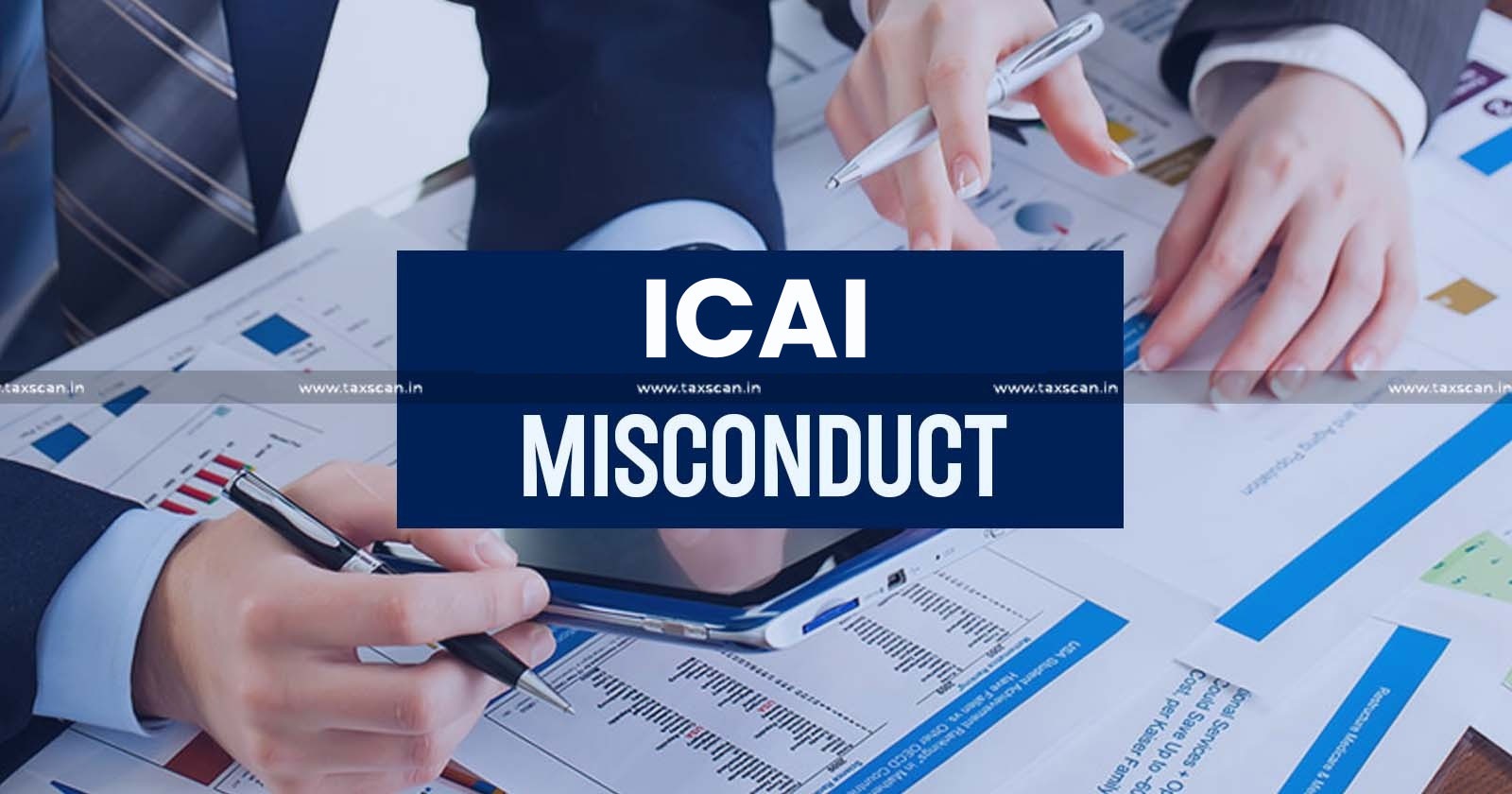@JUDGMENTTAG-ORDER
Soumen Sen, J.@mdashThe only issue in this writ petition is whether CESC Ltd. is entitled to realize a sum of Rs. 5,63,833.00 for unauthorized use of electricity in respect of supply in favour of Shri Kali Prasad Shaw from Maa Laxmi Bhandar of which Rajkumar Shaw is a proprietor. The learned Counsel for both the parties relied upon the final order of assessment dated 10th June, 2009 in order to substantiate their rival claims. The learned Advocate for the petitioner submits that after the disconnection is made with regard to the unauthorized supply of electricity by the petitioner to Kali Prasad Shaw on 14th October, 2005, a proceeding was drawn up against the petitioner and the petitioner was penalized for the same. The adjudicating authority determined the amount which had been duly paid by the petitioner. In view thereof no amount could be realised from the petitioner for any dues of Kali Prasad Shaw that had accrued before October 14, 2005. The learned Counsel for the CESC Ltd. would rely on the same final order to show that in the past the petitioner had indulged in parting with supply of electricity unauthorizedly to his father. It appears from the final order of assessment dated 10th June, 2009 that during an inspection on 26th May, 2009, the inspecting officer found unauthorised supply of electricity by the petitioner to Kali Prasad Shaw and accordingly disconnected the line of the petitioner. It was observed that electricity had been provided from the service installation of the son being the petitioner herein to the meter which belongs to his father Shri Kali Prasad Shaw unauthorizedly and after the said line was disconnected on 14th October, 2005, a proceeding was initiated which had culminated in a final order dated 10th June, 2009 by which the petitioner was directed to pay a sum of Rs. 1,35,632/-. It is not in dispute that the entire amount has been paid by the petitioner for unauthorized supply being effected to his father from the meter of the petitioner.
2. On 29th July, 2013 CESC Ltd. issued a notice of disconnection on the allegation that the petitioner is enjoying the electricity at the premises in which his father was also residing and earlier had enjoyed electricity having consumer No. 39088016005. In the notice of disconnection, it was alleged that the supply of electricity to Kali Prasad Shaw was disconnected by the Laws Control Cell of CESC for unauthorized use of electricity and from the recent inspection it was gathered that the petitioner was enjoying the electricity at the same premises without having liquidated the dues of Kali Prasad Shaw being the father of the petitioner. It is the contention of the CESC Ltd. that in the event, the said amount is not paid, the electricity line would be disconnected.
3. The petitioner question the jurisdiction of the CESC Ltd. to claim such amount and did not pay the aforesaid sum. As a result whereof, the electricity supply was disconnected on 27th August, 2013. The learned Counsel for the CESC Ltd. has relied upon 3.4 and 3.4.2 of the West Bengal Electricity Regulatory Commission (Electricity Supply Code) Regulations, 2013 in support of its contention that since the claim of the father had remain unpaid and there is a nexus between the father and the son, CESC Ltd. is entitled to disconnect the electricity for nonpayment of the dues of the father. In order to appreciate the said submission referance is made to regulation 3.4.2, for convenience:
The licensee shall be eligible to recover from a new and subsequent consumer(s) the dues of the previous and defaulting consumers in respect of the same premises only if a nexus between the previous and defaulting consumer(s) and the new consumer(s) in respect of the same premises is proved. The onus of proving a nexus, if claimed by a licensee, shall lie on the licensee.
4. In the instant case the petitioner was an existing consumer and had enjoyed electricity until disconnection took place on 22nd August, 2013. In fact, during the final order of assessment the petitioner was not found liable to pay for the dues of the father, for the simple reason that the petitioner was enjoying electricity through a separate meter. The only act of impropriety on the part of the petitioner was to supply electricity to his father from his own meter for which he was penalized and the petitioner had paid the penalty as adjudicated by a concerned officer of CESC Ltd. Regulation 3.4.2 permits the licensing authority to recover dues from the new and subsequent consumer of the dues of the previous defaulter consumers in respect of the same premises only if a nexus between previous and defaulter consumers and a new consumer in respect of the same premises is established and proved. The onus of proving nexus as claimed by a licensee shall lie on the licensee. The said regulation has no manner of application in the instant case. The CESC Ltd. has misread and misunderstood the said regulation and apply the said regulation arbitrarily and without any authority of law. In view thereof, the basis on which the electricity line of the petitioner was disconnected could not be supported and is clearly unsustainable in law and in fact, in view thereof, the impugned notice dated 29th July, 2013 is set aside. CESC Authorities are directed to restore supply connection to the petitioner within 72 hours from date. It is needless to mention, that since the disconnection was made unauthorizedly the petitioner would not be liable to pay any charge for restoration of supply.
5. The writ petition succeeds.
6. There shall be no order as to costs. All parties concerned are to act on a signed photocopy of this order on the usual undertakings.

